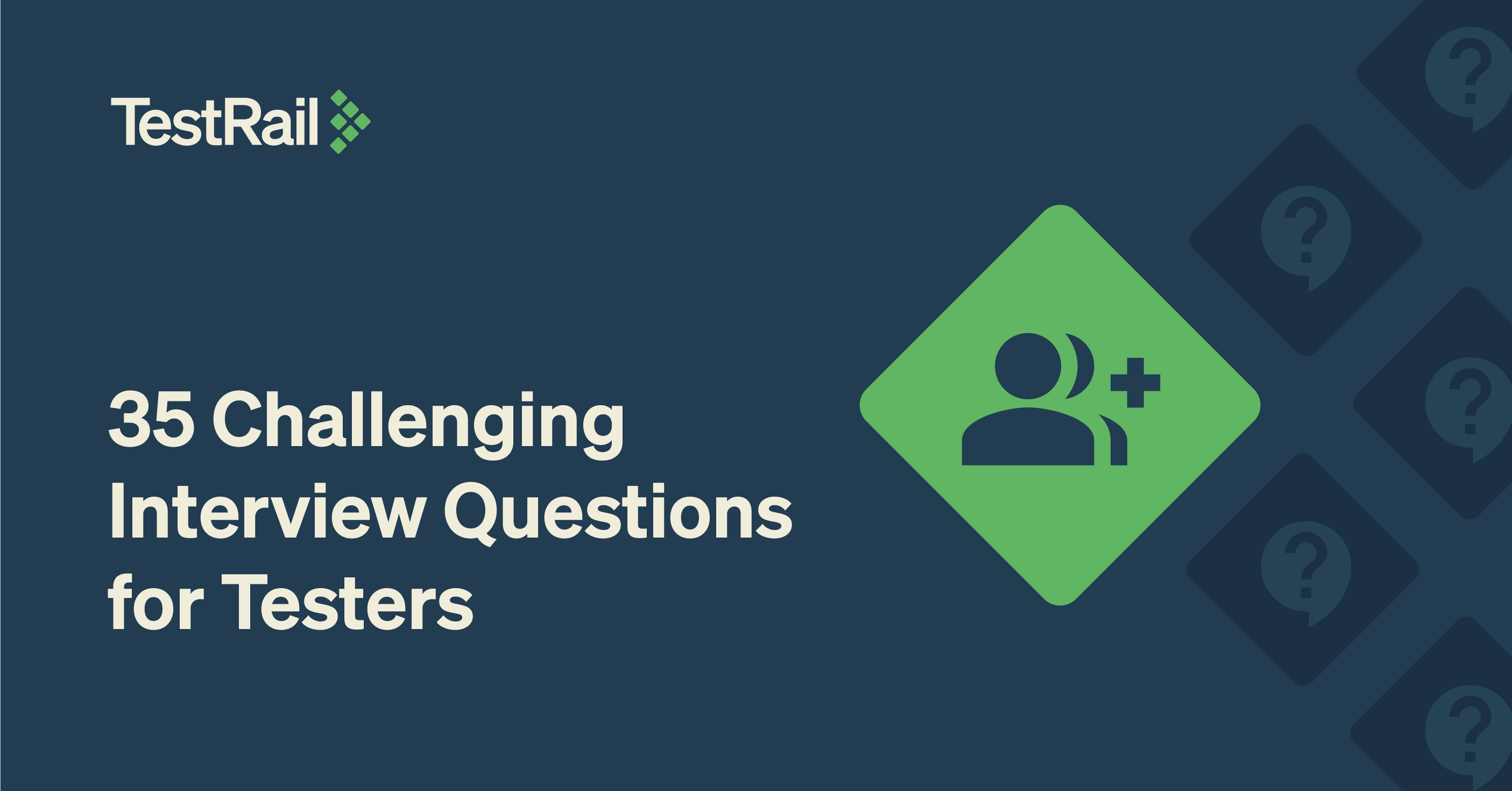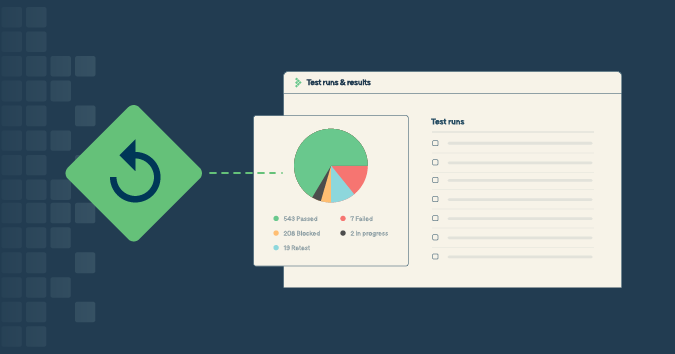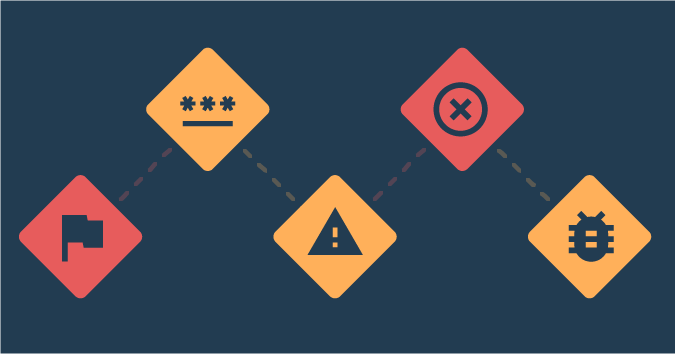This is a guest posting by Simon Knight. Simon Knight works with teams of all shapes and sizes as a test lead, manager & facilitator, helping to deliver great software.
This post has been updated in November 2021.
Back in 2015, we gave you a list of interview questions sourced from the best thinkers in the testing community to help you hire the best testers for your team. Many of those questions are just as relevant today, so we revisited the list to give you even more questions to pick from.
Before you get started, we have a few recommendations for approaching interviews as well. It’s important to understand what skill set your team needs so that you can ask specific technical questions that fit your industry and work environment.
You can also ask specific questions based on the content of a candidate’s resume to determine what level of mastery and involvement they had on any given project that they describe. This will help you ascertain if they executed tests that others created or if they were designing tests as well. Both the designer and doer add value to a team, but if you’re looking for one or the other during the hiring process, you must be clear about your goals. If you’re looking for where to get started in thinking about your teams’ needs, start here.
Split up your interview into stages so that you can enlist different members of your team to meet candidates as they progress through the process. Start with a standard HR screen, followed by a technical call, and then a conversation to assess the candidate for team fit. This approach helps strike a balance between specific, technical questions and thoughtful, open-ended options.
Every interview will evolve differently, so you may not get to every question you want to ask. We advise studying this list, establishing a core set of questions that you ask every candidate in order to better evaluate and compare them, and then having another list of favorite questions you can work into the conversation to keep it flowing.
Philosophy and alignment

When you begin your conversation, it’s important to establish a comfortable rapport but also to quickly learn about the candidate’s approach to testing problems. You want to ensure that this person’s ideals are aligned with the values of your team as well as establish a baseline for more detailed questions that will come later.
1. Why did you choose software testing as a career, and what motivates you to stick with it? (Suggested by Dan Billing – @TheTestDoctor)
2. What is testing to you? Do you have a testing paradigm? Can you explain it? (Suggested by Kim Knup – @punkmik)
3. Tell me about the work you’ve been doing recently. What’s the most interesting bug that you’ve found, and why? (Suggested by Katrina Clokie – @katrinaclokie)
4. What kind of challenges does testing present? Can you tell me about some specific software testing challenges you’ve faced and how you overcame them?
5. How have you added value to the organizations you’ve worked with? Can you give me a specific example from your last or current position? (Suggested by Dan Billing – @TheTestDoctor)
Core testing skills

In addition to specific questions tailored to your business, you also want to gain an understanding of where this candidate’s strengths lie. These questions surface information about how the candidate starts work on a new testing problem approaches basic tasks for the job and will fit in with your team’s existing processes.
6. What kind of tests have you been doing? What do you enjoy about them? How do you develop those tests
7. When you perform a test, what steps do you take
8. Have you ever written a test plan? Can you describe what was included and why
9. What tools do you use for documenting test ideas, execution and results?
10. How do you prioritize your tests? What factors might influence your decisions?
11. How do you know when it’s time to stop testing?
12. What do you do if you report a bug and a developer refuses to fix it?
13. Can you describe how you analyze risk? What role does it play in how you test?
14. Do you measure how your current testing approach is working? How do you adjust if it’s not?
15. If I left you testing for two hours, what would you have to show me when I returned? (Suggested by Richard Bradshaw – @FriendlyTester)
Automation skills

If you’re looking for an automation tester, you’ll want to ask specific questions based on the current framework that your team has in place. Beyond the technical skills, establish that the candidate understands the goals and limitations for automation within your organization so that you can be confident this tester will add value to your team and speed up the process, instead of slowing it down
16. Have you automated any of your tests? How so?
17. What’s your favorite testing tool? Why? If some technical constraint meant you were unable to use it, what would you do instead? (suggested by Richard Bradshaw – @FriendlyTester & Carlos Mueses)
18. How do you know when you (or your automation) have found a bug? What makes it a bug? Are some bugs more important than others? How do you report them? (Suggested by Richard Bradshaw – @FriendlyTester)
19. How do you decide which tests to automate? Which tests don’t you automate, and why? (Suggested by Katrina Clokie – @katrinaclokie)
20. If you’ve never written your own automated tests, have you ever worked with software engineers to create or improve existing tests? What did that process look like?
Commitment to learning and improvement

Technology is a continuously growing and evolving field. In an industry that is always changing, it is vital that testers be able to adapt to new conditions. Here are some questions to help find out more about the candidate’s capacity for learning and growing within their roles.
21. Can you describe your process for getting up to speed with new products and team members?
22. What process are you using for testing currently? Can you describe how you might improve it? (Suggested by Katrina Clokie – @katrinaclokie)
23. Testing can be challenging. What keeps you motivated? (Suggested by Kim Knup – @punkmik)
24. How do you stay at the top of your game? What self-learning do you do? (Suggested by Dan Billing – @TheTestDoctor)
25. What was the last great piece of critical feedback you received? How did you adapt?
Behavior and team fit

right now? You want to be sure that this individual has the right personality to work well with your current team. These questions are to help you understand how this candidate responds to challenges and diversity of people and ideas, as well as what they are looking for from leadership.
26. Tell me how you like to be managed. And if you don’t like to be managed or don’t feel you need to be, how could I help you succeed in this role? (Suggested by Karen N. Johnson – @karennjohnson)
27. Have you encountered any challenges working with your colleagues? Tell me about a specific instance when you were in a difficult situation, and how you dealt with it. (Suggested by Katrina Clokie – @katrinaclokie)
28. Have you ever made a bad decision? What contributed to your making that decision? How did you deal with the consequences? (Suggested by Kim Knup – @punkmik)
29. What is your approach to understanding the perspectives of colleagues from different backgrounds? (from Kelli Newman Mason, 8 Interview Questions About Diversity and Inclusion Every Job Seeker Should Be Able to Answer)
30. Have you ever had a deadline you were not able to meet? (from Behavioral Questions to Ask in an Interview (And What to Look For))
31. If you had to pick a useless superpower (can’t save lives or help the world) but something that would improve your life, what would it be? (Suggested by Sejal Patel)
32. What is the most important lesson you’ve learned during your career so far?
33. Can you describe the arc of your career? Why do you want to work here? And why now?
Activities

Sometimes you want to do more than just ask questions. You might instead try a short activity to see how the candidate responds. Here are a couple of options for something more interactive.
34. Build a list of adjectives and ask the candidate to pick what they think describes them. Tell them you will do the exercise too and share your answers as well. (Suggested by Karen N. Johnson – @karennjohnson)
35. Set up a testing scenario and ask the candidate to talk you through how to test it. What assumptions does the candidate make? What questions do they ask?
Wrap up
Of course, the best part about interviews with testers is talking to the testers! So above all, enjoy your conversations and go off script to share stories about your favorite bugs. You’ve done your preparation, so you know who you’re looking for. This list, along with any other specific questions you have to evaluate your candidates, should set you on the right path. The only thing left to do is to prepare to onboard your new team member!
PS: Have you found this article useful? We publish a new relevant testing & QA-related article every few weeks, including on topics such as building a great testing team, improving your testing career, leveling up your testing skills & boosting your team’s testing efforts. Make sure to subscribe below via email and follow us on Twitter! You might also enjoy the following articles:



